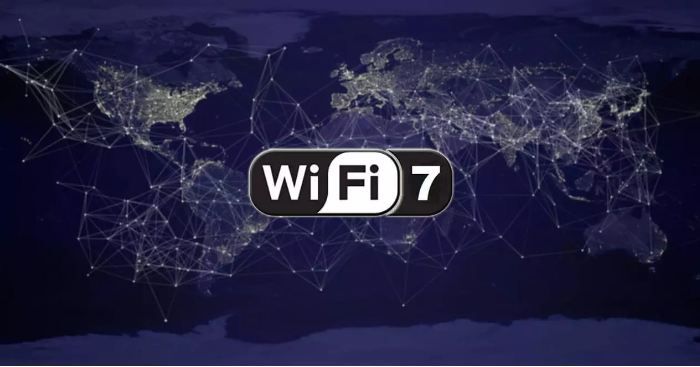Wireless Access Providers Association to Launch WiFi 7 by 2023

In 2023, the first wave of mobile devices—including smartphones, laptops, and tablets—that support WiFi 7 is anticipated to hit the South African market. Paul Colmer, a council member of the Wireless Access Providers Association (WAPA), made this statement while speaking with ITWeb yesterday at the WAPALOZA Conference 2022 in Muldersdrift, Gauteng.
When talking about WiFi 7’s potential in South Africa, Colmer noted that the new WiFi network protocol will be a huge improvement over its forerunner, surpassing the speeds of Ethernet connections and vastly enhancing connection stability and latency over WiFi 6.
Given the enormous global demand for WiFi 6 or 802.11ax items at the moment, Colmer believes that WiFi 7-enabled devices will begin to trickle in early next year, even though the widespread use of WiFi 7 products is only anticipated in 2024. WiFi 7 is anticipated to have a maximum speed of roughly 46Gbps, which is a 4X improvement over WiFi 6E, while WiFi 6E has a maximum speed of 9.6Gbps.
In South Africa, the adoption of WiFi is crucial due to a growing demand for data-intensive, low-latency applications as businesses hone their innovation strategies to increase sales and implement cutting-edge Web 3.0 technology.
“We have started to see the first WiFi 7 chipsets being rolled out, and these are used in the manufacturing of mobile devices, and routing equipment and other devices. So at around early 2023, we will see the first devices which operate on WiFi 7 standards coming into the South African market. The majority of the latest cellphones are already enabled for WiFi 6E, which is able to operate in that extra band that will enable WiFi 7,” noted Colmer.
What WiFi 7 Offers
Every industry in South Africa is anticipated to gain from WiFi 7, but companies who specialize in internet of things (IOT) devices, the hotel sector, technological service providers, and the industrial sector—which largely relies on monitoring tools—are predicted to gain the most. More than a third (33%) of telcos, technology providers, manufacturers, and businesses surveyed globally by the Wireless Broadband Alliance (WBA) said they already planned to install WiFi 7 by the end of 2023.
The alliance also discovered that 53% of the organizations it questioned have installed WiFi 6, and another 44% said they plan to implement WiFi 6E in the following 12 to 18 months.
“Uptake of WiFi 6E and WiFi 7 will be driven by a growing appetite for data-intensive, low-latency applications and use cases, from smart cities and immersive technologies such as the future Metaverse to Industry 4.0,” notes WBA.
By enabling 1 200 licence-exempt megahertz in the 6GHz band, WAPA and the Dynamic Spectrum Alliance have conducted research that suggests South Africa could gain up to $58 billion (R928 billion) in benefits over the following ten years. Wireless Access Providers Association is a group that represents the telecommunications sector and serves as a link between customers, network operators, and service providers and the regulatory agency of the government.
In order to enhance WiFi networks in South Africa, the non-profit is currently urging the Independent Communications Authority of South Africa (ICASA) to free 1 200 MHz of radio frequency spectrum from licensing. According to WAPA, the new spectrum is the frequency utilized by WiFi 6E, the most recent iteration of WiFi technology.
